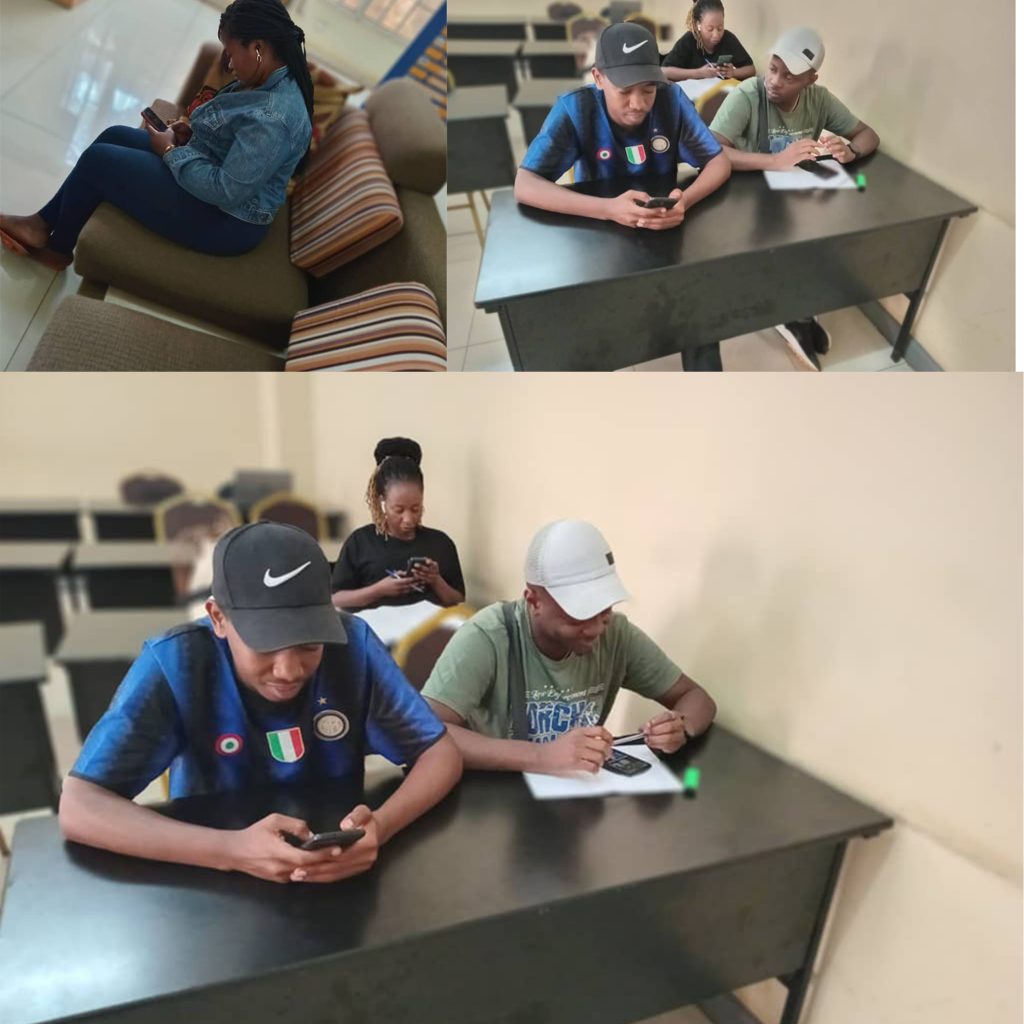In today’s fast-paced digital age, mobile phones have become an indispensable part of daily life—especially for university students. Whether it’s for keeping up with coursework, staying connected with friends, or scrolling through the latest TikTok trends, the modern student’s relationship with their phone is undeniable.
However, as the benefits of mobile technology grow, so do the distractions. Are these pocket-sized powerhouses helping students excel, or are they pulling focus away from learning?
One of the major benefits of mobile phones is communication, a key aspect of modern technology.
Teachers and students alike use their phones to share information crucial to academic life—whether it’s accessing study timetables, communicating about class enrollments, or attending online classes.
Phones also facilitate valuable interactions between students and lecturers, such as notifying students about the start of classes. It is undeniable that communication, enhanced by mobile technology, plays a vital role in daily activities.

Students within Mount Kigali University using their phones
However, inappropriate phone usage can be detrimental, particularly when it disrupts focus during important tasks.
The constant influx of information from mobile devices can shorten attention spans, making it difficult for students to concentrate on extended periods of study or critical thinking.
In an interview with MKU Magazine, Lentanzio Mugo, Director of Teaching Programs at Mount Kigali University discouraged students from using their phones during in-person lecture sessions.

Lentanzio Mugo, Lecturer and Director of Teaching Programs at Mount Kigali University
“Students should not use their phones while the lecturer is teaching, but they should be allowed breaks in between lessons so they can check for urgent matters,” Mugo said, adding that “They have other responsibilities, and some students are also working, so they need that balance.”
Similarly, Fleur Larissa Natete, a Rwandan nursing student at the Europena University of Lefke in Northern Cyprus, weighed in on phone usage in class.

Fleur Larissa Natete, a Nursing Student at Europena University of Lefke in Northern Cyprus
“Using a phone in class is not something I encourage. Phones are a major distraction, and for this generation, they play a significant role in their daily lives,” she said.
“I would advise students to leave their phones aside and focus on the class for a few hours. After all, it’s a short time compared to the hours they spend on their phones throughout the rest of the day,” Natete added.
In addition to communication, mobile phones provide access to social media—a defining feature of the modern digital era. Social media platforms offer users the ability to interact, share ideas, and create content.
For many, particularly Gen Z, platforms like TikTok have become spaces for creativity and expression. However, social media’s benefits depend on how and when it is used.
According to a 2023 study by XXXX, the top social media platforms among teenagers were YouTube (used by 93% of teens), TikTok (63%), Snapchat (60%), Instagram (59%), Facebook (33%), and Discord (28%). Many teens visit YouTube (71%) and TikTok (58%) daily, with Snapchat and Instagram also being popular.
Ishimwe Dieudonne, a Hospitality and Tourism Management student at Mount Kigali University, shared his thoughts on balancing phone usage.

Dieudonne Ishimwe, a Hospitality and Tourism Management Student at Mount Kigali University
“One cannot do two things at the same time. I follow my lecturers in class and only use my phone afterward. I have social media accounts like Facebook, Instagram, and WhatsApp, but they never distract me during class. I use them according to the schedule I’ve set.”
Ultimately, promoting responsible digital citizenship is crucial to helping students manage their phone usage.
Allowing cell phones in schools with guidelines on time limits encourages students to focus on their academic activities without becoming too reliant on their devices.
Excessive phone dependency can lead to behaviors resembling addiction, such as compulsive checking for notifications, withdrawal symptoms, and neglect of other responsibilities.
By striking a balance between technology’s advantages and potential distractions, students can enhance their learning experience while avoiding the pitfalls of excessive phone use.
Photos by Uwase Novella Karangwa
